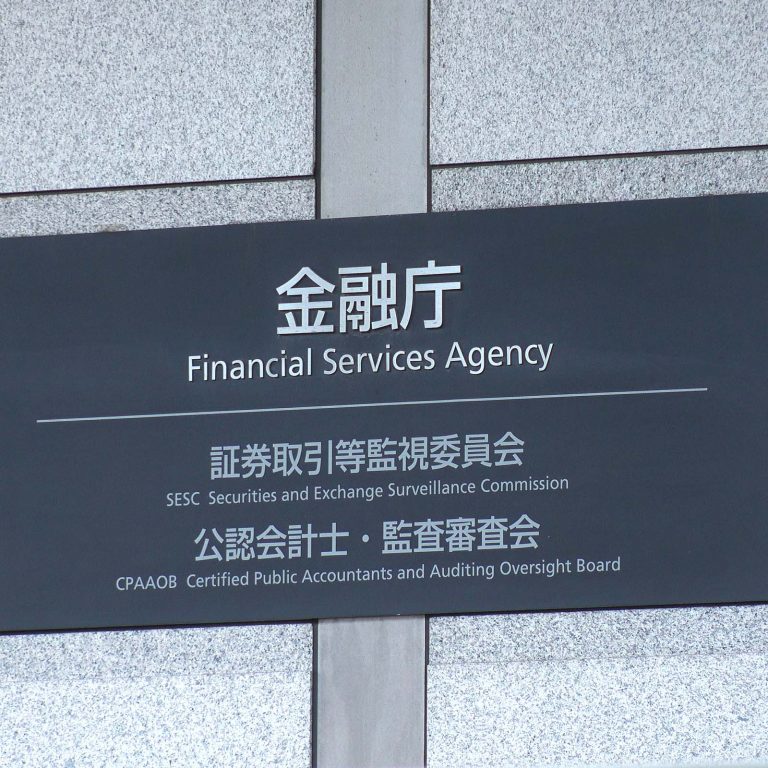With No One Price Law for Bitcoin, Japan’s FSA Debates Restrictions on Leverage
source: Bitcoin News
2018. Jun. 18. 16:15

The different prices of bitcoin and other cryptocurrencies between countries and exchanges have led investors to seek arbitrage opportunities, a trend noticed by financial regulators around the world. Discussions are underway at the Japanese Financial Services Agency on restricting leverage.
Also read: This Village Decided to Launch Japan’s First Municipal ICO
Value of Bitcoin up 10% After Sending It Elsewhere
Cryptocurrencies are traded in many countries with varying prices. The value of BTC in Zimbabwe, for instance, is currently 80% higher than in Japan. Hyperinflation has made bitcoin popular in the African country because many of its residents do not trust their own fiat currency.
In stock markets, investors cannot employ arbitrage because each stock has only one price at a given time. However, digital currencies like bitcoin are financial products that defy the law of the universal price. The change in the price of cryptocurrency doesn’t only emerge across borders but also within borders, between crypto exchanges. Arbitrage is an activity exploited by cryptocurrency traders who spot those price changes to make a profit.
The price of BTC in South Korea is relatively high compared to other markets. The gap is known as the “kimchi premium.” When the price of bitcoin went down last January, 1 BTC was worth about ¥2 million ($18,200 USD), and about the equivalent of ¥2.6 million (USD 23,600), in South Korea. It was a “kimchi premium” of 30% at the time. Sometimes the premium reportedly went as high as 50%.
Nikkei reported the story of a Korean man in his 20s working in Japan, who made a profit in bitcoin in May 2017, when he repaid a friend from home about ¥500,000 ($4,500) in BTC, because the transaction fees were cheaper that way. The price of BTC in Korean won was 10% higher than in Japanese yen. The man told Nikkei he couldn’t believe that its value would jump as much as 10% “just by sending it” to another country.
FSA Research Group Debates Restrictions On Leverage
The South Korean man and his friend reportedly developed an automated trading robot that made a profit of several hundred thousand yen in the first month. The men raised ¥100 million from investors and started a crypto asset management company in January 2018.
According to Nikkei, they operate around nine crypto exchanges in Japan and South Korea, and carry fees of about 10% per month. The value of BTC across six digital currency exchanges in Japan, including Bitflyer and Bitbank, reportedly varied as much as ¥1,600 ($15) in May.
Meanwhile, the members of a research group, formed this spring by the Japanese Financial Services Agency, have started debating restrictions on leverage, as users of digital currencies have the ability to speculate with large amounts of leverage. In the U.S., the Federal Reserve Bank of New York has also taken issue with distorted prices.
Cryptocurrency investment has inflated to about ¥70 trillion and about 3.6 million traders annually, mainly retail investors, according to Nikkei. Because the price of cryptocurrencies vary so much, even within a single country, it is believed that they are not yet ready for being used for financial transactions, despite their popularity observed over the last months.
Do you expect price differences between trading platforms and crypto markets to decrease over time? Share your thoughts in the comments section below.
Images courtesy of Shutterstock.
Verify and track bitcoin cash transactions on our BCH Block Explorer, the best of its kind anywhere in the world. Also, keep up with your holdings, BCH and other coins, on our market charts at Satoshi’s Pulse, another original and free service from Bitcoin.com
The post With No One Price Law for Bitcoin, Japan’s FSA Debates Restrictions on Leverage appeared first on Bitcoin News.





